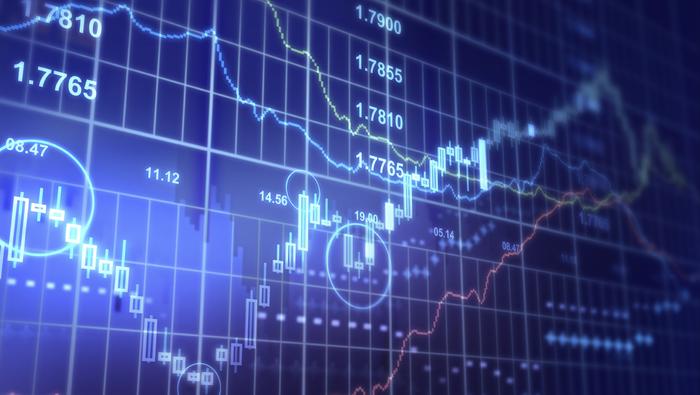Talking Points:
- What is a discretionary trader including benefits
- What is system trading including benefits
- Try out each style and learn how to control risk in each style with Traits of Successful Traders Guide
Eventually, there comes a time in the trader’s career, where they need to decide how much decision making they want to be involved with on each trade.
There are pros and cons to being a discretionary trader and likewise, for a system trader. Over the next few minutes, we will define how each type of trader makes decisions and explore some of the benefits and obstacles for both of them.

The Discretionary Trader
First, a discretionary trader uses a method of entry or exit that relies on subjective criteria. For example, a trader who is basing trading decisions off of fundamentals will be a discretionary trader. A technical trader will also likely be discretionary.
Let’s assume that you want to trade using the Commodity Channel Index or CCI in a buy the dip strategy. Though you have trading plan of when you plan to enter and exit the trades, your interpretation of the trend or even when reading the CCI oscillator leaves the door open for some subjectivity. What if your view on the trend in the EUR/GBP is different from mine? Even though we may be looking at the same entry/exit rules, the direction of the trend may be open to interpretation.
Learn Forex: Buying the Dip with CCI

Created by Jeremy Wagner
The benefit of being a discretionary trader is that you can sense the mood of the market in real time. Though price may be moving in one direction, you can see symptoms of a reversal coming (either through divergence or candlestick pattern). Therefore, the discretionary trader has the ability to react quicker to changes in the market condition.
Too much of a good thing can become a disadvantage. For example, sensing market turns can be advantageous if the market actually turns. Too often, traders will see patterns in the market that don’t really exist. The traders are simply projecting their bias onto the chart and rationalizing their initial emotional bias. As a result, if left unchecked, emotional attachment of a discretionary trade can lead to significant losses as the trader ‘defends’ their initial bias.
Try out some discretionary trades using DailyFX.com as a resource in a free practice account.
The System Trader
System trading might also be referred to as mechanical, black box, or algo trading. The system trader uses a fixed set of rules to determine when or where to enter and exit the trade. The rules and interpretation of the rules are black and white so a computer can make the trades.
With FX being a 24 hour traded market, system trading has become quite popular. The computer doesn’t need a nap or to sleep at night which makes it a great candidate for following the rules and looking for trading opportunities that fit those rules.
A huge benefit of system trading is that you can get started with little or no trading experience. So system trading offers easy access to the FX market with a low barrier of entry to get started.
One challenge that systems trader’s typically experience is that they can expect too much from the market. Too often, what gets system traders excited about the strategy is the past performance. What occurred in the past doesn’t mean it will continue to happen again into the future as market conditions change. Drawdowns in live performance tend to be greater than drawdowns during back tested results. Therefore, future live returns tend to under-deliver based on the back tested results.
However, those types of obstacles can be overcome by implementing low amounts of leverage. Don’t take my word for it. We have researched this topic and three others to develop Traits of Successful Traders. One of those traits is to utilize less than ten times effective leverage.
---Written by Jeremy Wagner, Head Trading Instructor, DailyFX
Follow me on Twitter at @JWagnerFXTrader .
To be added to Jeremy’s e-mail distribution list, click HERE and select SUBSCRIBE then enter in your email information.
See Jeremy’s recent articles at his DailyFX Forex Educators Bio Page.
Check out DailyFX's other free beginner and advanced guides HERE.




